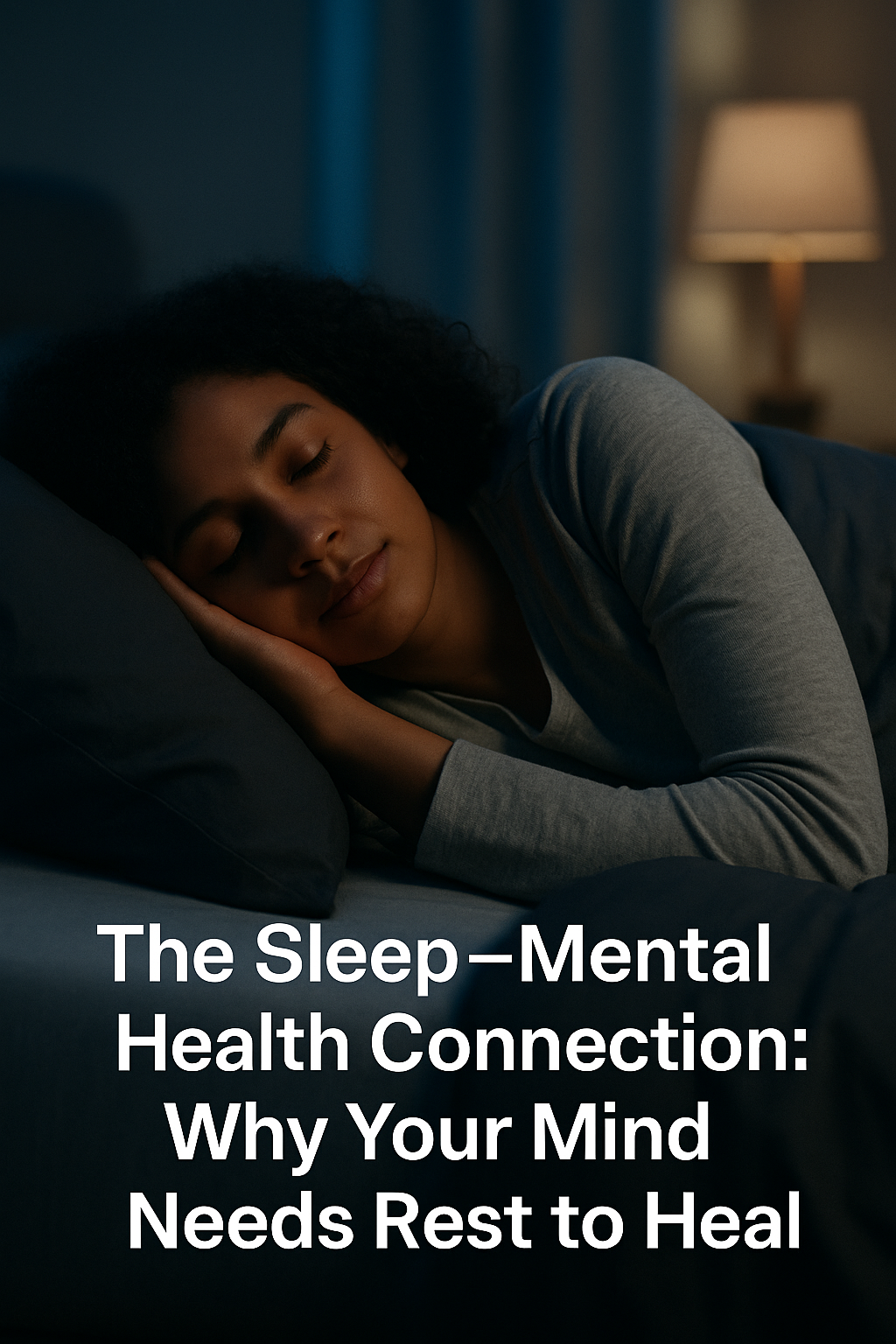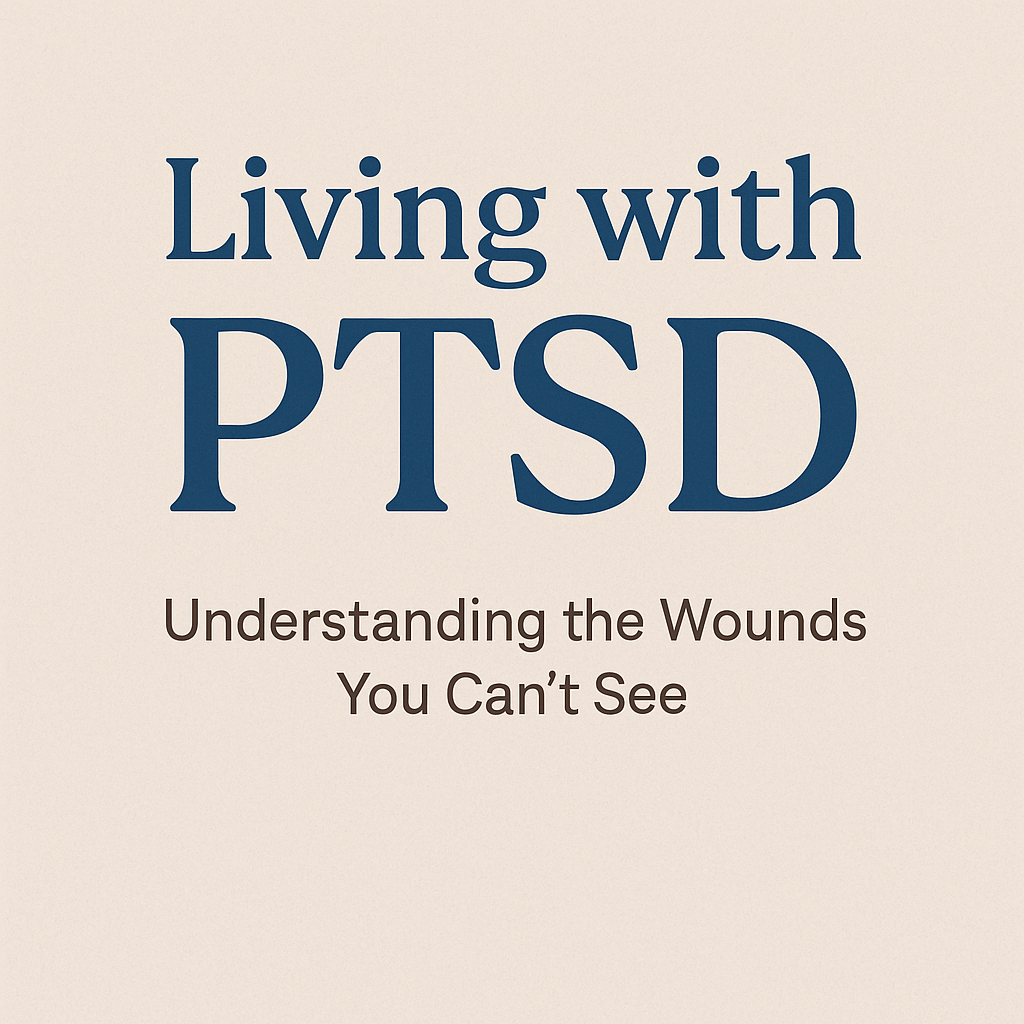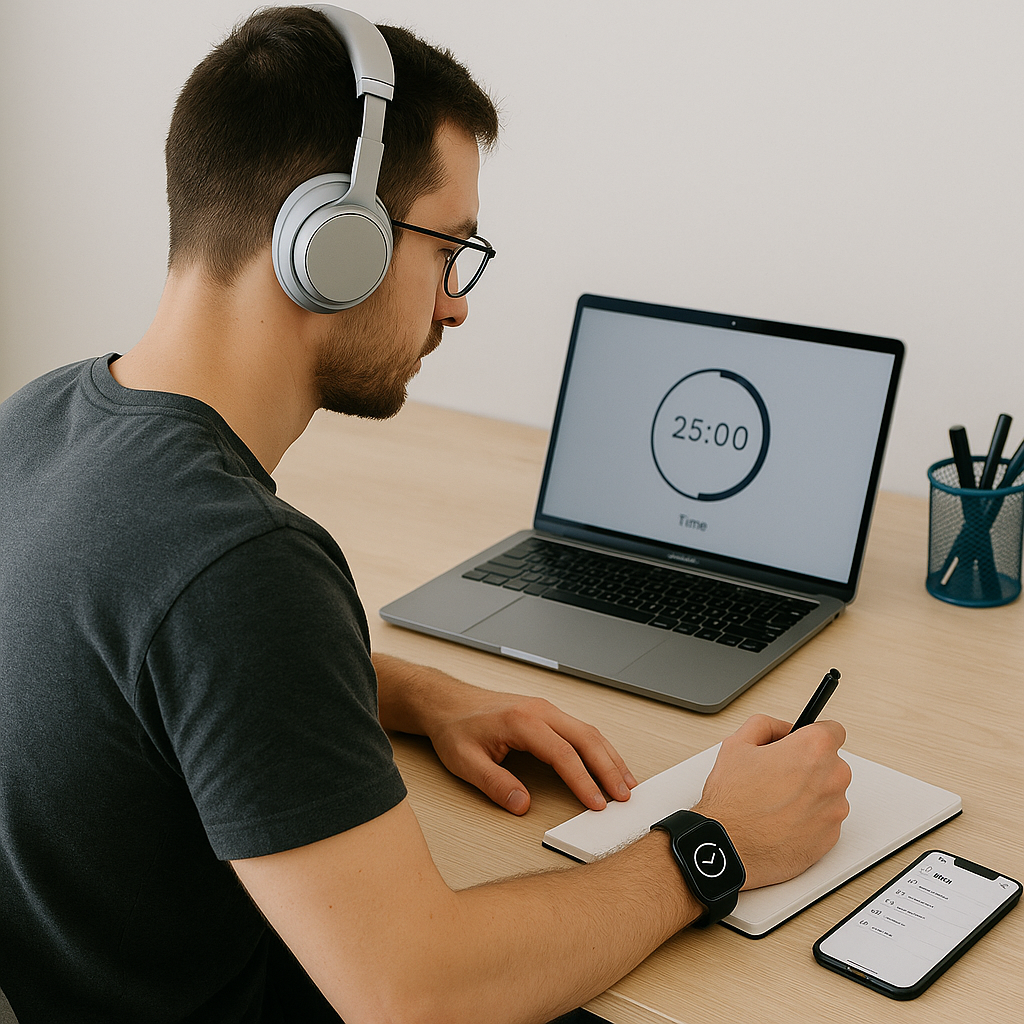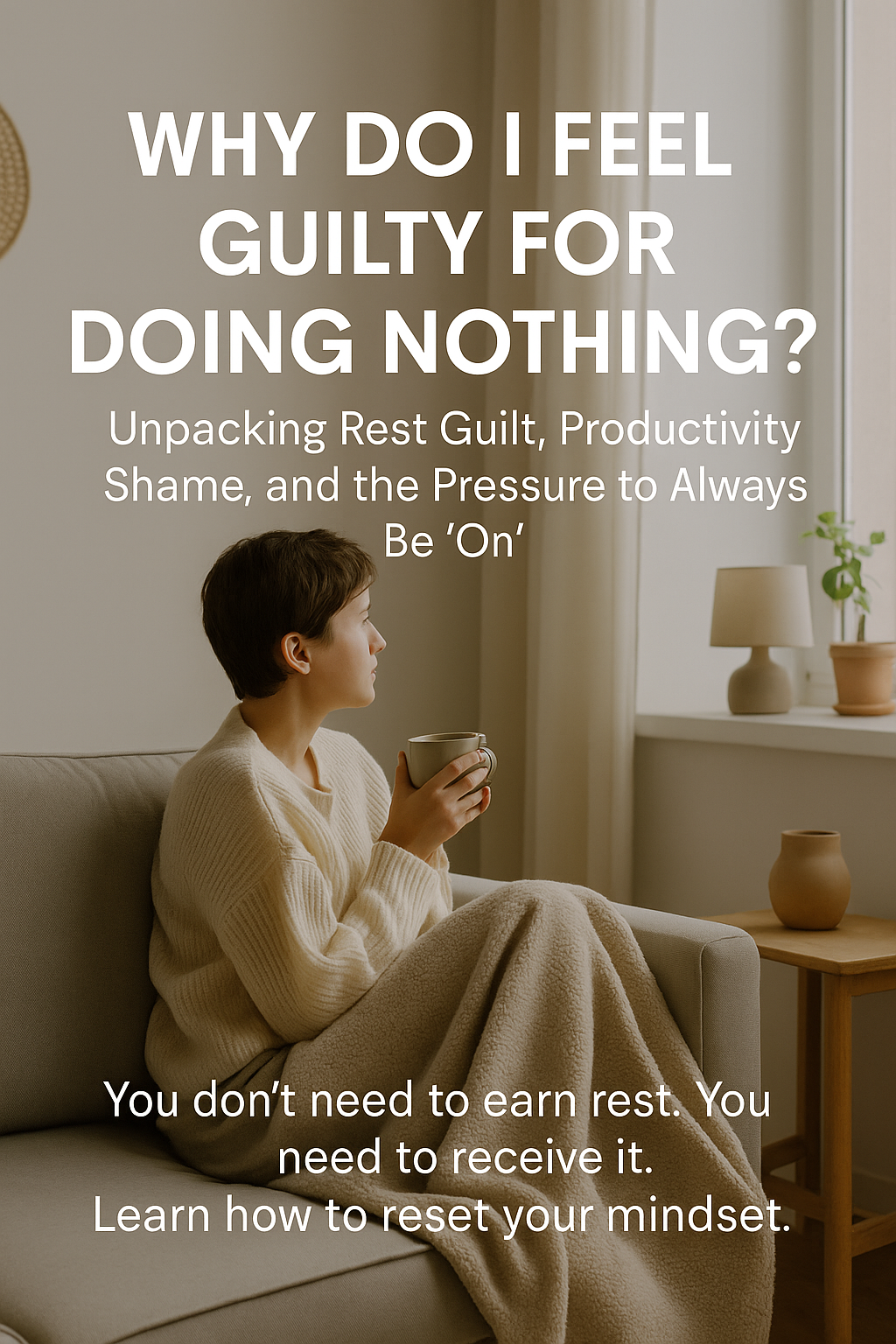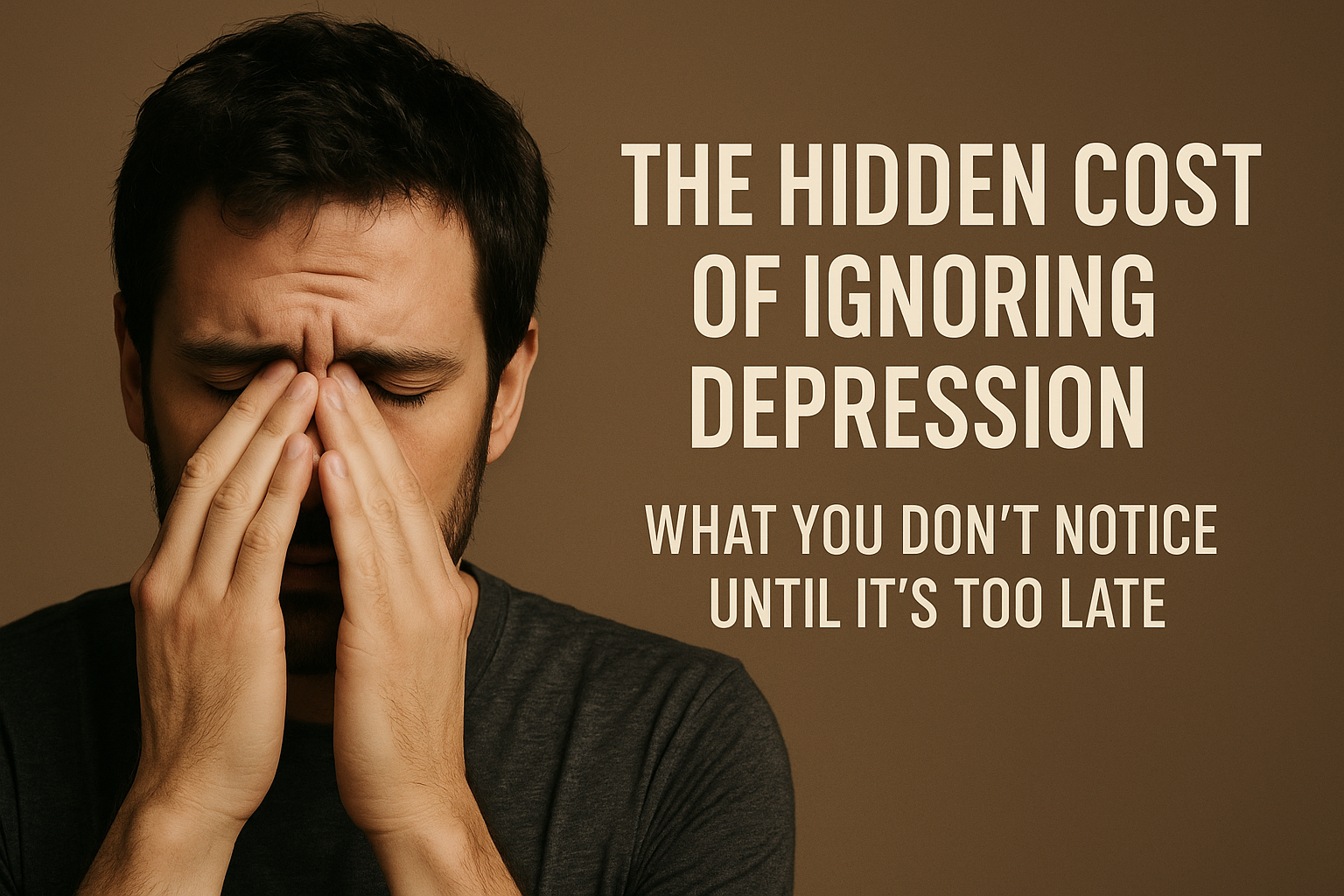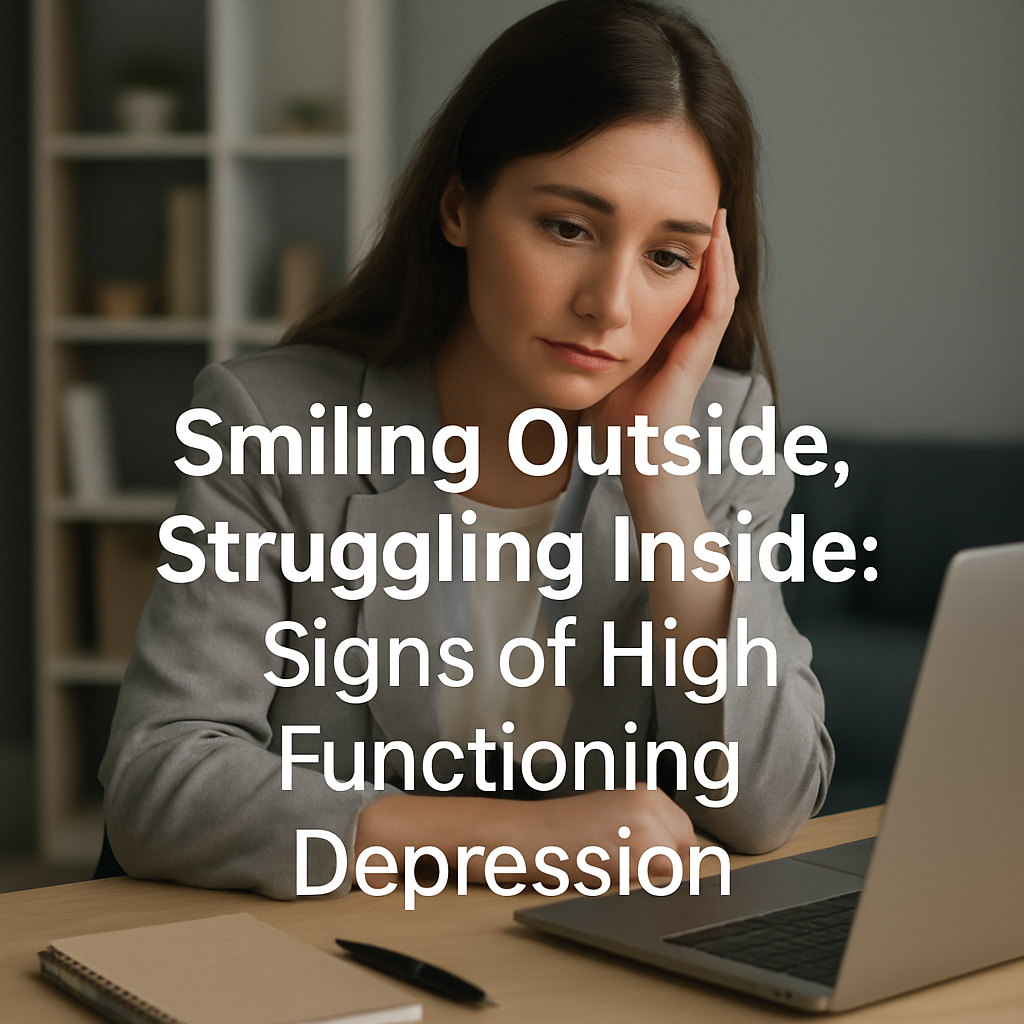Introduction
We often treat sleep as an optional luxury but for your mental health, it’s essential. Whether you’re dealing with anxiety, depression, or burnout, the quality of your sleep can be both a warning sign and a tool for recovery. In this DTDF Essentials guide, let’s explore how sleep supports emotional resilience, what happens to the brain when we’re sleep-deprived, and practical steps to reset your rest for better mental well-being.
Why Sleep Is the Brain’s Reset Button
When you sleep, your brain performs crucial maintenance flushing toxins, consolidating memories, and regulating mood. Sleep deprivation, even for just one night, disrupts the balance of neurotransmitters like serotonin and dopamine, which are vital for emotional health.
Lack of sleep can:
Worsen symptoms of anxiety and depression
Decrease emotional regulation and decision-making
Intensify irritability and overwhelm
Lead to mental fatigue, affecting focus and motivation
Sleep and Specific Mental Health Conditions
Anxiety
Anxious minds often struggle with racing thoughts at night. Unfortunately, poor sleep worsens anxiety creating a frustrating cycle of restlessness and worry.
Depression
Sleep disturbances are both a symptom and a risk factor for depression. Some people can’t sleep at all (insomnia), while others sleep excessively but still feel exhausted (hypersomnia).
Burnout & Stress
Sleep is your body’s recovery mode. In burnout, your nervous system is overworked. Without proper rest, your brain doesn’t get the chance to “power down” and reset stress hormones like cortisol.
Sleep Hygiene Tips for Mental Health
Creating a calming bedtime routine can transform your sleep and your state of mind. Try these DTDF-approved steps:
Limit screens 1 hour before bed
Try a calming wind-down ritual – warm shower, journaling, or breathwork
Make your sleep space sacred – cool, dark, quiet, and gadget-free
Practice a sleep mantra – “I deserve rest. My mind can relax.”
Stick to a schedule – wake and sleep at the same time daily
Mental Health Gadgets That Can Help
From biofeedback headbands to guided sleep apps, here are a few tools you might explore (link to affiliate products or store):
“Affiliate disclosure: This post includes affiliate links. I may earn small commission if you purchase through them, at no extra cost to you”
Apollo Neuro – wearable for nervous system balance
Dodow Sleep Aid – light-based breathing guide
Muse Headband – EEG-powered meditation support
Calm App – for guided sleep stories and body scans
Final Thoughts
Your mental health begins with rest. Before you reach for another self-help book or therapy session, ask yourself: How well am I sleeping? Sometimes, healing starts with simply turning the lights off and letting your body catch up

